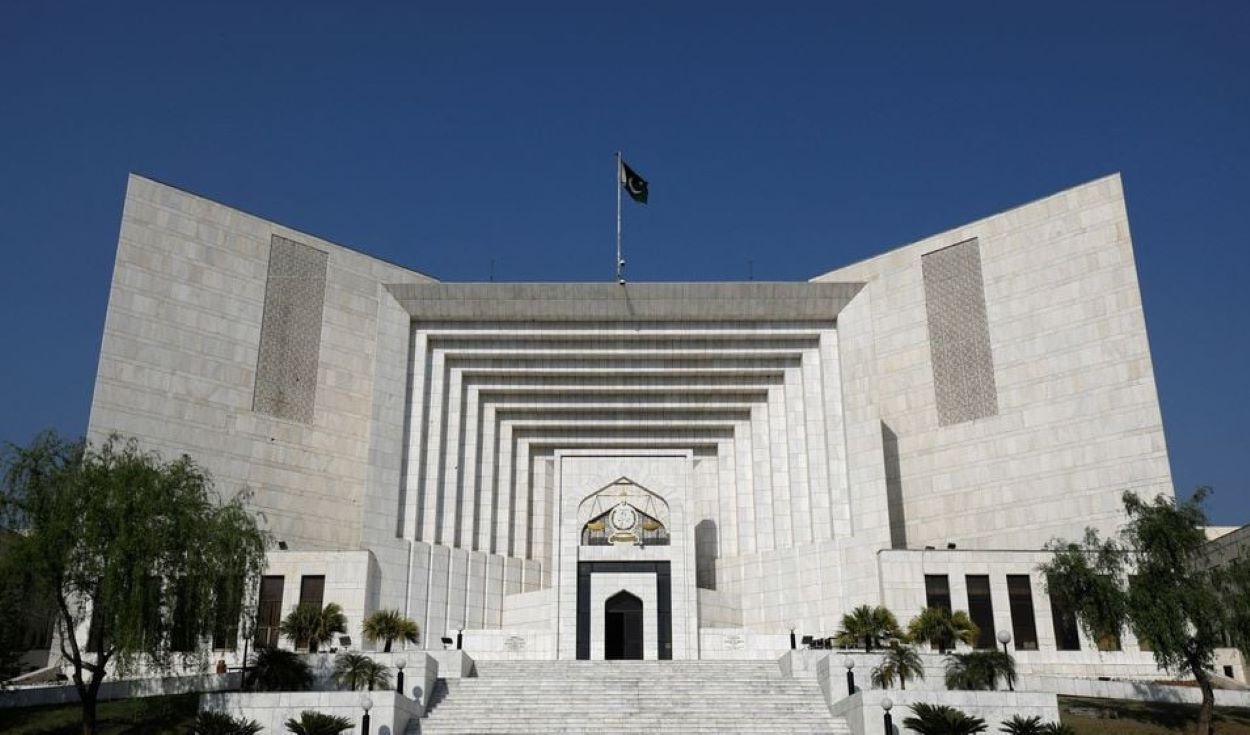On Wednesday, the Supreme Court (SC) concluded a petition calling for the cancellation and re-election of the February 8 polls, penalizing the petitioner with a Rs500,000 fine for not appearing in court. This case was reviewed by a three-judge bench led by Chief Justice of Pakistan (CJP) Qazi Faez Isa and included Justices Musarrat Hilali and Muhammad Ali Mazhar. The petitioner retired Brigadier Ali Khan, sought to have the recent elections nullified due to allegations of rigging.
Political entities like the Pakistan Tehreek-e-Insaf (PTI), Pakistan Peoples Party (PPP), Jamaat-e-Islami, and Jamiat Ulema-e-Islam-Fazl (JUI-F) have voiced concerns regarding the election’s integrity. These concerns were amplified following a public resignation by the former Rawalpindi Division commissioner Liaqat Chatha, who cited his involvement in electoral fraud.
During the session, the bench inquired about the petitioner’s background, learning of his court-martial in 2012. The court emphasized that court-martialed individuals should not retain their military titles. Efforts to contact Khan were detailed by the additional attorney general, noting that police and the Ministry of Defence had unsuccessfully attempted to reach him at his residence.
CJP Isa remarked on the petitioner’s departure from the country post-application, suggesting a potential conspiracy. Justice Mazhar highlighted the petitioner’s admission of not contacting the media or officially filing the application.
The case highlights broader concerns about election transparency, shared by political parties and the Human Rights Commission of Pakistan (HRCP), especially regarding the post-election processes.






